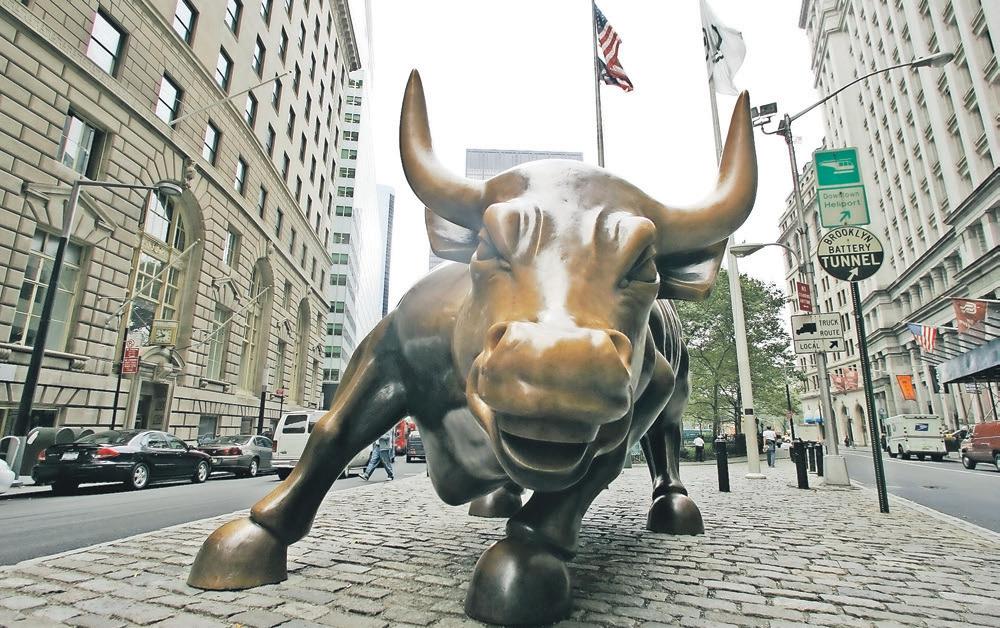
1 minute read
BARELY A BEAR: WALL STREET EXITS WHAT TURNED OUT TO BE A FAIRLY TAME BEAR MARKET
from 06092023 BUSINESS
by tribune242
By STAN CHOE AP Business Writer
WHILE it seemed scary and interminable, Wall Street's bear market last year was meeker than most. After the S&P 500 on Thursday closed at a level more than 20% above where it was in mid-October, Wall Street can give official dates for the birth and death of its last bear market, which is what traders call a long decline of at least 20% for the S&P 500. It started on Jan. 3, 2022, when the S&P 500 set a record high, and ended on Oct. 12, when it bottomed out 25.4% lower.
Advertisement
Worries about the highest inflation in generations drove the drop. More precisely, it was worries about what the Federal Reserve would do to combat high inflation. The Fed furiously jacked rates up to their highest level since 2007, up from virtually zero in about a year. The aim of high interest rates is to lower inflation by slowing the entire economy and dragging down prices for stocks, bonds and other investments. But a nine-month bear market with a drop of 25.4% is milder than the average bear market since 1950, which has lasted 13 months and seen a decline of 34.2%. Go back even further in history to include the Great Depression and other yearslong downturns, and the typical bear market looks even worse, according to data from S&P Dow Jones Indices.
Part of that may be because the economy has so far seemed able to avoid a recession.
The job market has remained remarkably solid despite all the hikes to interest rates. That in turn has fueled spending by households, which has kept the economy from tumbling even though the manufacturing, banking and other industries have already
THIS Oct. 18, 2008 file photo shows the Charging Bull sculpture in New York City's Financial District. The S&P 500 is now in what Wall Street refers to as a bull market, meaning the index has risen 20% or more from its most recent low.

Mary Altaffer/AP cracked under the weight of high rates.
Of course, the Fed may still not be done hiking interest rates. Many traders expect it to take a pause on rates next week, which would be the first meeting in more than a year where it hasn't raised rates. But inflation remains uncomfortably high, and the expectation is that it hikes rates again in July.
Some critics expect stocks to struggle to rise for a while, particularly because only a small handful of big tech-related stocks have been responsible for most of this year's rise.










